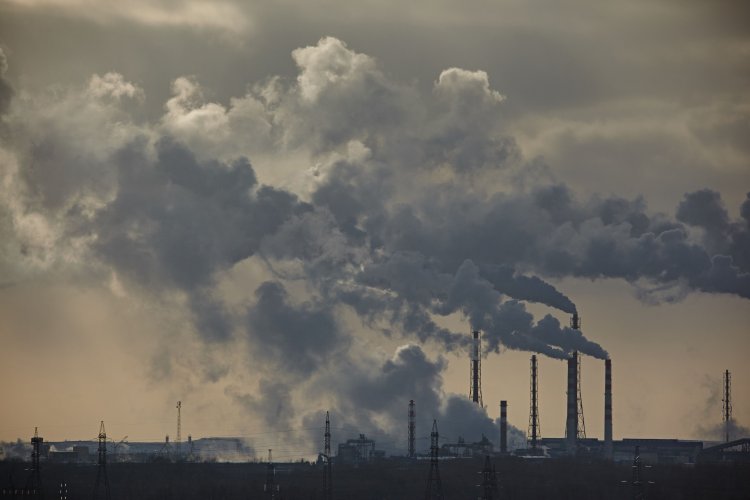The new Austrian government is unwilling to accept the European Commission's recommendation to reduce emissions by 90% by 2040.
This was reported by POLITICO.
The publication noted that Vienna has never explicitly agreed to support this goal, but former Austrian Climate Minister Leonore Gevessler was one of the first to welcome the EU executive's proposal for a 90 percent reduction in February 2024. At the time, the official emphasized that Austria intends to reduce national emissions to net zero by 2040 in any case.
How the domestic political situation has affected the climate discourse
However, the Greens, to which Gewessler belonged, are no longer in power, and the new coalition government has decided to take a more cautious stance.
“We have to wait for a concrete proposal from the Commission, which we will study in detail, because the fine print is also important for achieving the 2040 goal,” a spokesperson for the Austrian Ministry of Agriculture and Environment told POLITICO.
He nevertheless insisted that the new government is “committed” to the existing EU and Austrian climate neutrality goals, as well as “the implementation of EU legal requirements adopted to date.”
POLITICO is confident that the new government, which consists of the conservative People's Party (ÖVP), the center-left Social Democrats and the liberal NEOS party, views climate policy as a lower priority than the previous ÖVP-Greens coalition.
After coming to power, the government disbanded the “green” superministry of Gewessler, which was responsible for climate, environment, energy, mobility and technology policy, and integrated climate issues into the country's conservative-led Ministry of Agriculture.
The coalition also agreed to abandon the country's first climate bonus, which redistributed revenues from taxing CO2 emissions among all Austrians.
Why it matters
Austria's withdrawal from its position increases political pressure on the European Commission to soften the 2040 target. The EU executive had intended to turn its 2024 recommendation into a formal legislative proposal by the end of March, but decided to postpone it indefinitely as it became clear that the 90 percent target did not have sufficient support among EU countries.
EU Climate Commissioner Wopke Hoekstra is now exploring options to ensure “flexibility” in the target while maintaining the 90% figure. Among the options under consideration is a controversial proposal to achieve part of the EU's 2040 target by paying other countries to reduce their emissions and counting it towards the bloc's own climate balance. The payments would be made through an international carbon credit system created under the Paris Climate Agreement.
The new German coalition and France already support this idea, but critics warn that such an approach would undermine the integrity of the EU's climate policy.
In early April, EcoPolitic reported that the EU was postponing the announcement of its 2040 climate goal, which was to be made public in March, “until the summer.” This decision was prompted by concerns from some European capitals and political forces in the European Parliament about the recommended 90% target, as well as direct criticism and calls for its reduction from other EU members.





